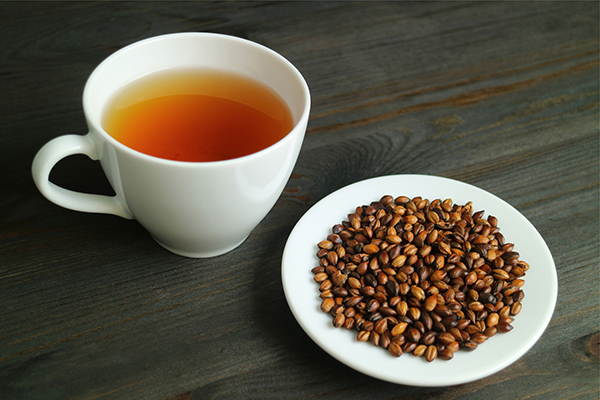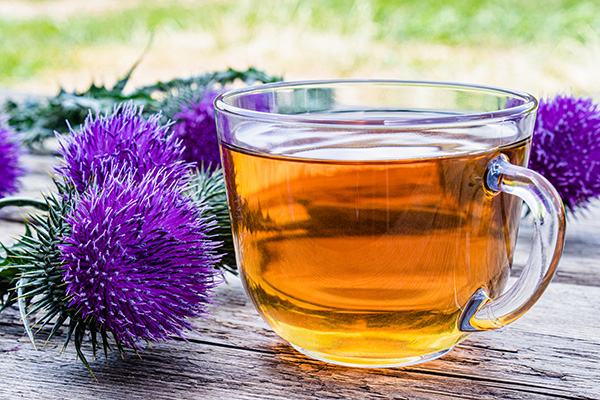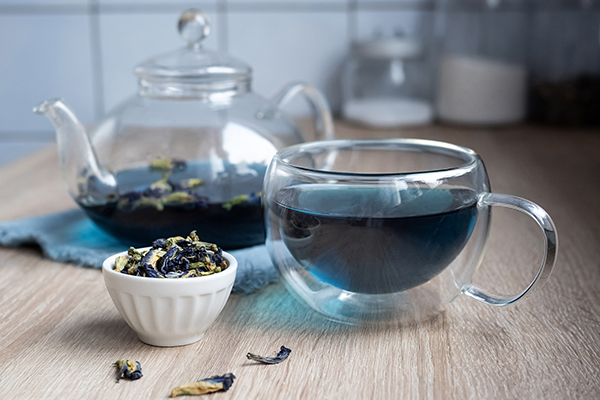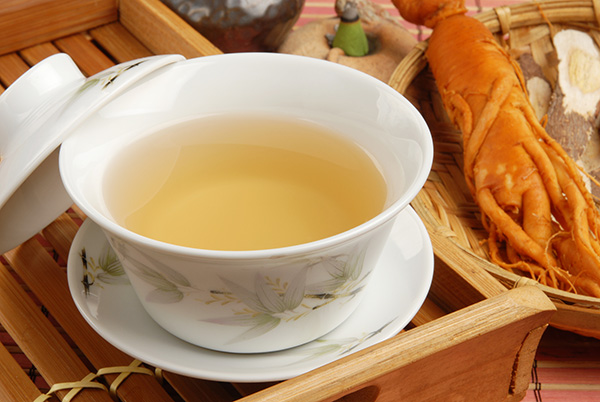Barley Tea: Benefits, Side Effects, and How to Make It
Barley tea is a popular drink in Korea, Japan, and China. Many people believe it can help with weight loss, keep blood sugar in check, ease digestive issues, and even improve men’s fertility.
However, there’s not much hard evidence yet to back up these health claims.

What Is Barley Tea?
Barley tea is a traditional infusion brewed from roasted barley grains. It’s a popular beverage in countries like Japan, Korea, and China, known as mugicha, boricha, and dàmài chá, respectively. This grain-based tea boasts a toasted, slightly nutty flavor, appealing to those seeking an alternative to traditional leaf-based teas.
Potential Health Benefits of Barley Tea
Before we delve into the numerous health benefits barley tea offers, remember that while research has shown promising results, more comprehensive studies are needed to fully confirm these benefits.
Packed with Antioxidants
Barley tea is rich in antioxidants, which are crucial in combating oxidative stress. They can help protect the body’s cells from damage by harmful free radicals, thereby potentially reducing the risk of chronic diseases such as heart disease and cancer.
May Improve Digestion
Barley tea contains a considerable amount of dietary fiber. This can help improve digestion by adding bulk to stool, reducing constipation, and promoting overall digestive health.
Potential Blood Sugar Regulation
Some research suggests that barley tea might help manage blood sugar levels. However, this does not mean it can replace diabetes medication but can be part of a balanced diet.
Could Aid in Weight Management
Barley tea is a low-calorie beverage that could help in weight management. Its high fiber content can make you feel fuller for longer, curbing unnecessary snacking.
Barley Tea Side Effects
While barley tea is generally safe to consume, it does have a few potential side effects.
May Cause Allergic Reactions
Some people may have allergies to barley. Consuming barley tea could trigger allergic reactions in such individuals, leading to symptoms like skin rash, difficulty breathing, and swelling of the throat.
Potential for Gluten Contamination
While barley itself is gluten-free, it may be contaminated with gluten if processed in facilities that also handle wheat and other gluten-containing grains. Those with celiac disease or gluten intolerance should therefore be cautious.
Who Should Not Drink Barley Tea?
People allergic to barley and those with gluten intolerance or celiac disease should avoid barley tea due to the potential for allergic reactions and gluten contamination. Pregnant or breastfeeding women should also consult with a healthcare provider before adding barley tea to their diet.
How to Make Barley Tea
Making barley tea at home is a simple process that allows you to enjoy this healthy, delicious beverage anytime.
Before diving into the recipe, bear in mind that this is a general guide. If you’re using a pre-packaged product, always follow the manufacturer’s instructions.
To make barley tea:
- Rinse ¼ cup of barley under cold water.
- Toast the barley in a pan over medium heat until it’s golden brown.
- Add the toasted barley to 4 cups of boiling water.
- Simmer for about 15-20 minutes.
- Strain the tea and serve either hot or cold.
Final Thoughts
Barley tea is a tasty, healthy, and versatile beverage enjoyed in many cultures around the world. It offers potential health benefits but should be consumed with caution by certain groups. Its easy preparation makes it a convenient addition to your regular diet.
FAQ
What Does Barley Tea Taste Like?
Barley tea has a unique taste that is toasty, nutty, and slightly bitter. The flavor is somewhat reminiscent of coffee, but lighter.
When Should I Drink Barley Tea?
Barley tea can be enjoyed any time of the day. However, it’s often consumed during meals or as a refreshing drink on a hot day.
How Often Can You Drink Barley Tea?
In general, it’s safe to drink barley tea regularly. However, the frequency should be adjusted according to individual tolerance, health status, and, if applicable, manufacturer’s guidelines.






